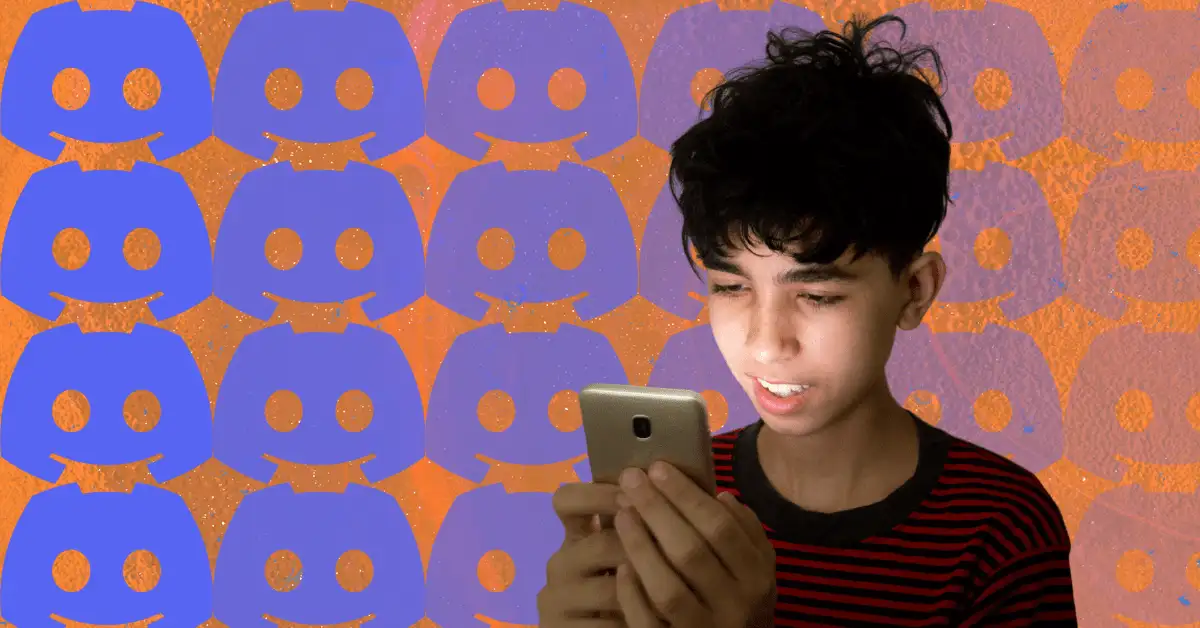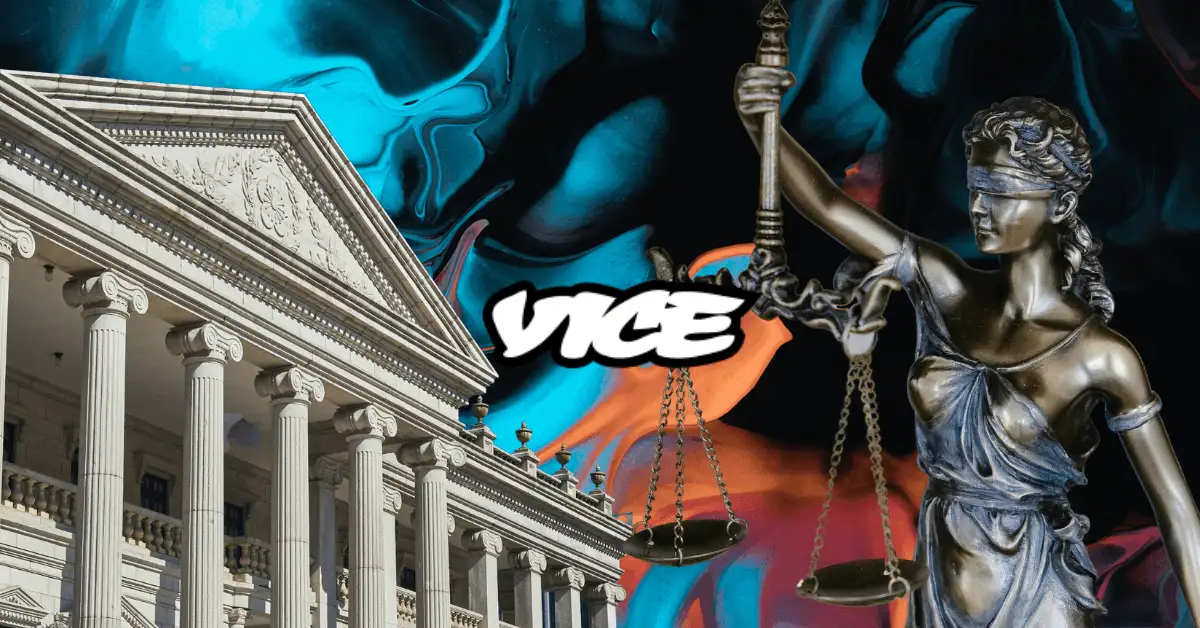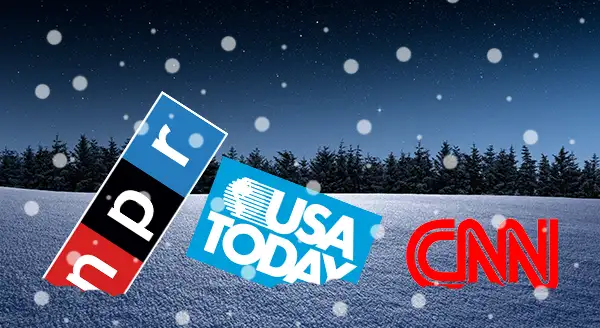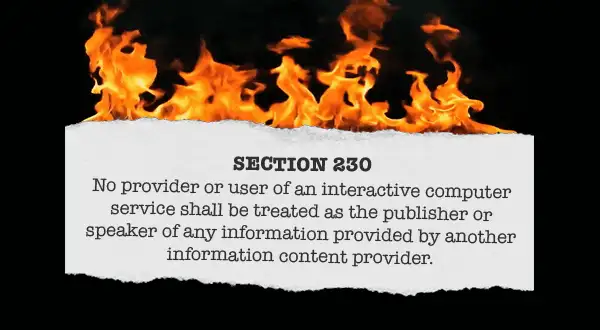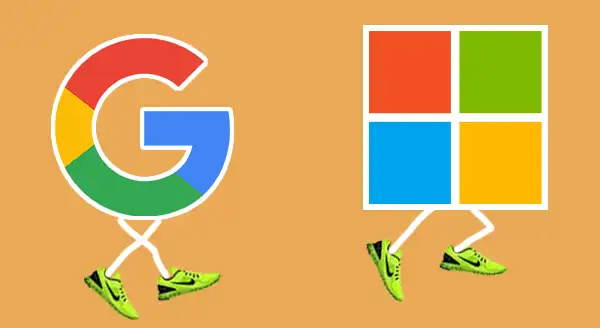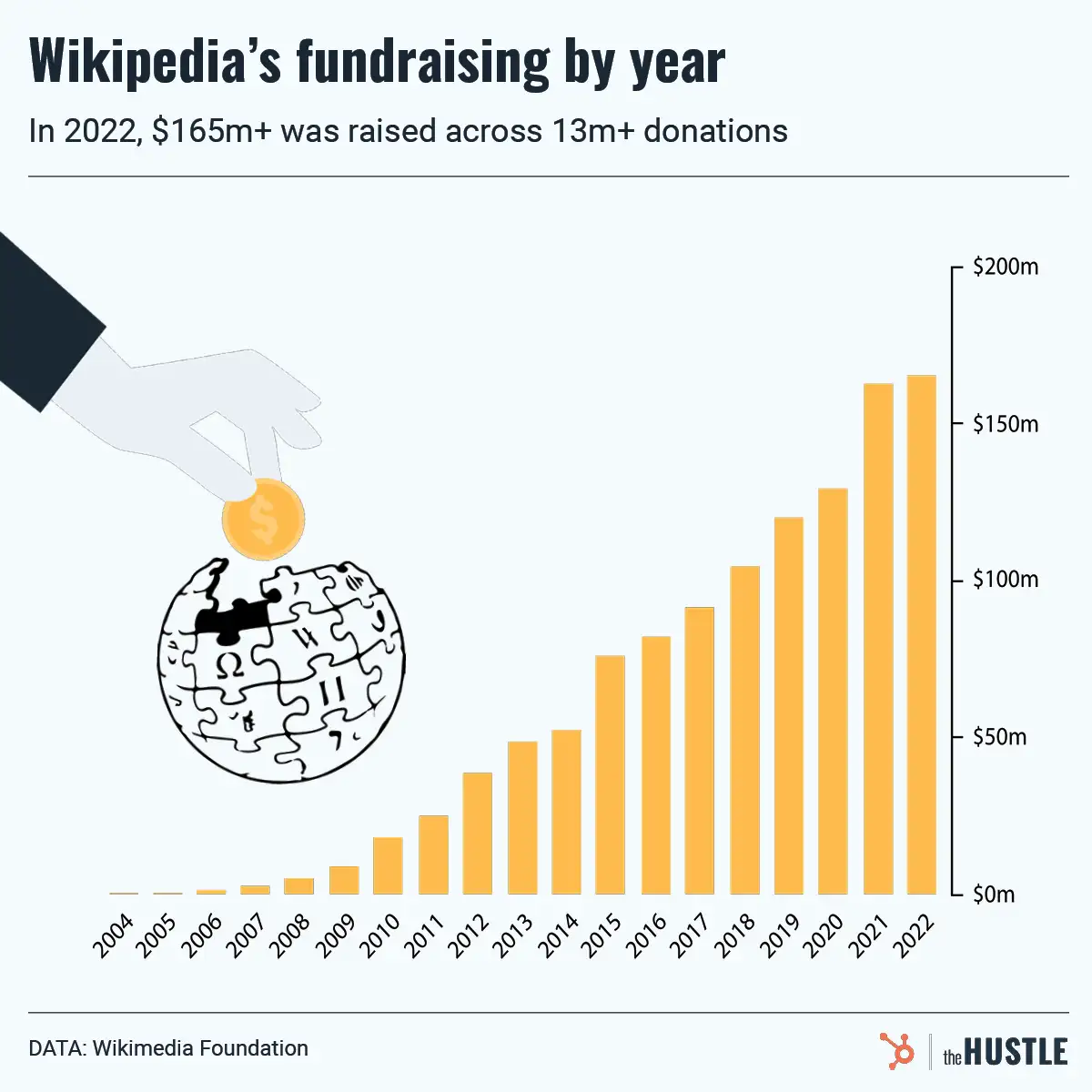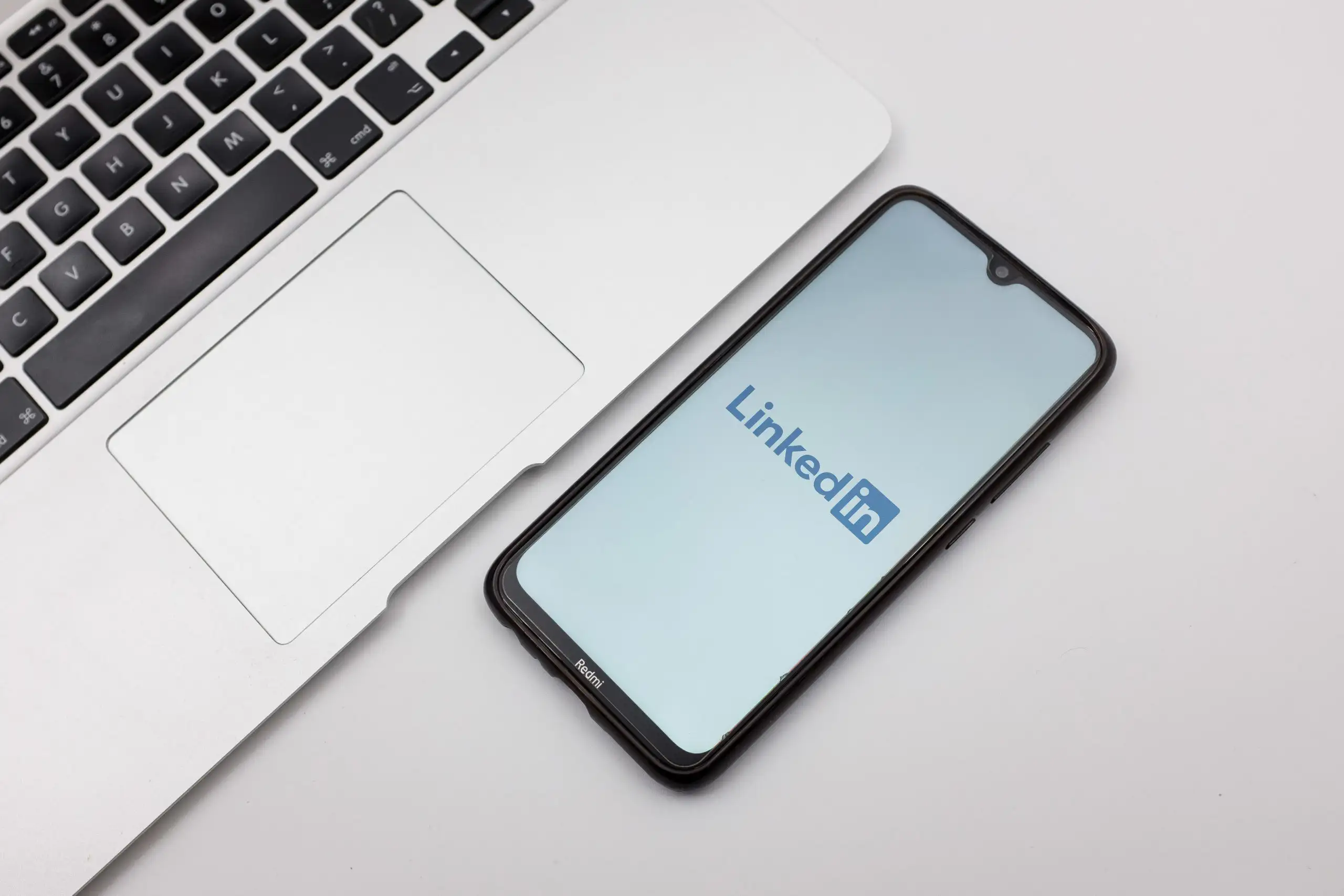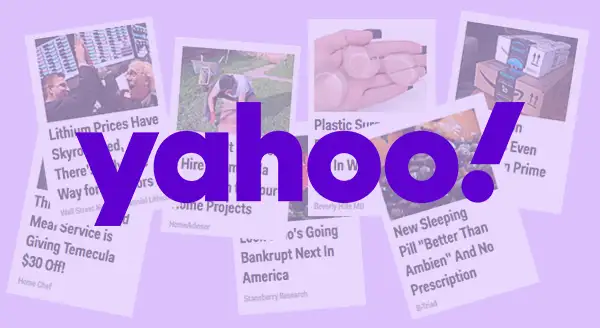Ebooks have exploded. In 2020, online distributor OverDrive processed 430m digital checkouts, up 33% YoY.
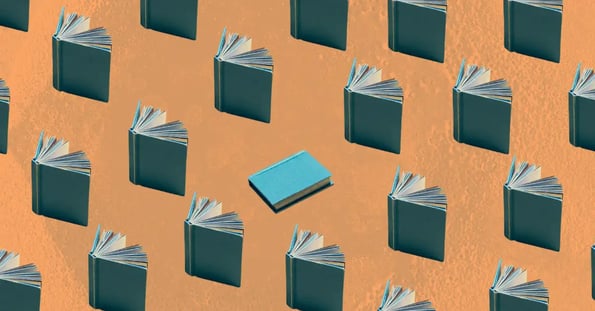
But how we access them is the subject of a lawsuit pitting four book publishers against the Internet Archive (IA), a nonprofit that offers free access to software, media, and its Wayback Machine.
So far, the publishers are winning — a federal judge decided that IA can (for now) be held liable for copyright infringement, per Vice.
How it works
Most libraries pay a fee for each “copy” of a digital book, which one patron can check out at a time, just like a physical book. These fees have gotten increasingly unaffordable.
IA buys or receives books via donation, scans them, and puts them in its Open Library. Open Library usually employs a “controlled digital lending” system (CDL), meaning, again, only one patron per copy.
But in March 2020…
… as libraries and schools shut down, IA’s National Emergency Library decided to temporarily provide immediate access — no waitlists.
Publishers Hachette, Penguin Random House, Wiley, and HarperCollins sued, alleging piracy.
- The Authors Guild also accused IA of harming authors, who it claimed earn a median income of $20.3k/yr.
IA shuttered the program early.
The judgment
IA’s defense is fair use, which relies on factors such as how and how much of a work is used, and its impact on market value.
But Judge John G. Koeltl disagreed, writing that IA benefitted from new members and donations, while publishers faced potential harm to licensing revenue, per Ars Technica.
For now, Open Library director Chris Freeland wrote that IA will appeal while continuing to perform some library services, but future judgments could dramatically impact what Open Library offers.

